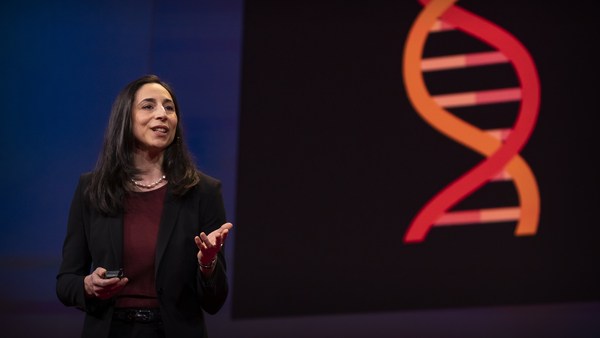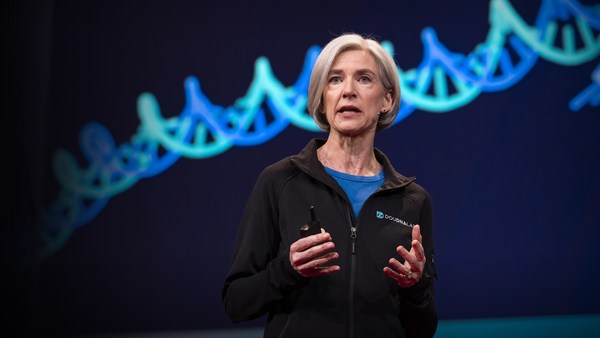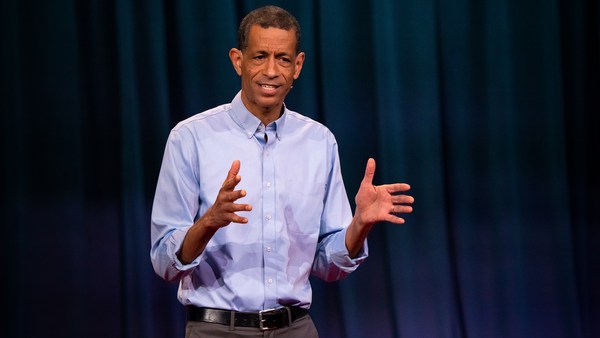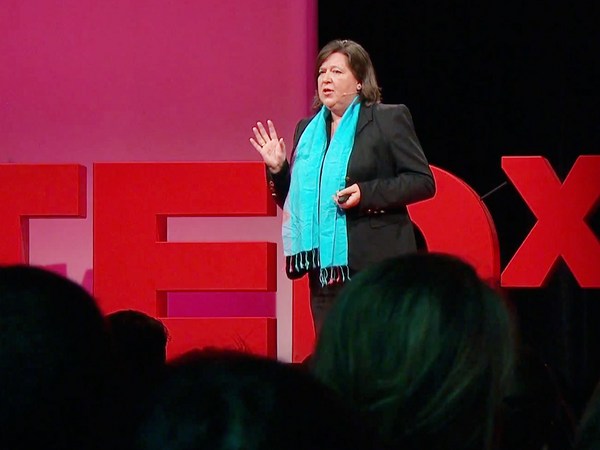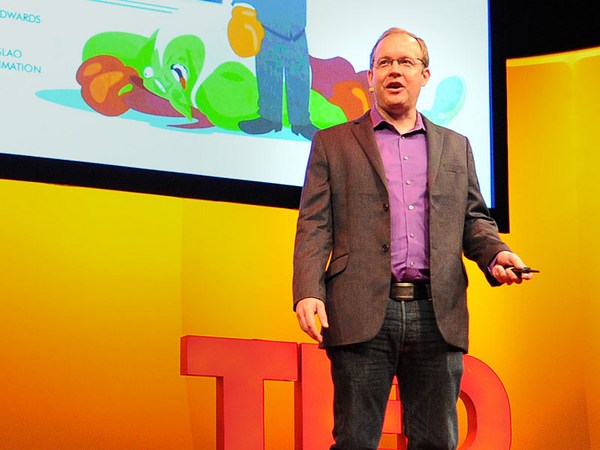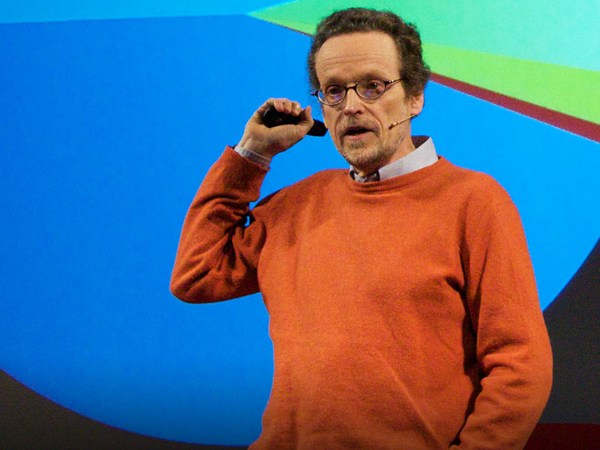When I was a medical student at UCLA, one of my patients was a young boy suffering from dozens of seizures daily. His family was going bankrupt, paying out of pocket for a cocktail of drugs with little benefit. Between the side effects and his constant seizures, this boy was wasting away.
On a return visit, I was in disbelief to find that he was now seizure-free on most days. His mom beamed, telling me he was going to school for the first time, at the age of 10, and attributed this life-changing improvement to a regimen of natural supplements. It sounded incredible, but this was an anecdote.
But it gave me a radical idea. What if it was easy to prove the effects of natural products? Maybe anyone could treat their own health affordably, more effectively, and with less side effects. No pharma or insurance needed.
You see, for millennia, humans relied on plants as medicine. It was only a century ago that pharma created synthetic drugs, and for the first time ever, medicine could be patented and highly profitable. But to prove the safety and effectiveness of these never-before-seen compounds, slow, expensive clinical trials were invented. The natural medicines can't be patented and can't afford these trials. Ironically, nearly half of all FDA-approved drugs were first discovered in plants, but pharma created a synthetic version and only funded trials into what they could own and monopolize. And that's why you see these natural products, a vast majority of them haven't been able to prove they're better than placebo.
But AI, virtualization and the ubiquity of smartphones is changing all of that. What if it was easy to prove the right natural product, the right dose, for the right person and the right condition? You could bypass a broken healthcare system, go to the grocery store and buy the product proven for someone like you. It's personalized and accessible and affordable for all.
So to make this proof-generation easy, Pelin Thorogood and I created a B Corp called Radicle Science. We're using AI-driven, crowdsourced trials so these natural products can generate proof at a fraction of the cost and time. Volunteers automatically get mailed product or placebo, and we collect data via smartphones and wearables. And since these are direct-to-consumer, anyone can join, including those historically excluded from trials -- women, minorities, rural populations.
You see, trials have studied mostly white, urban men. Last time I checked, I don't think that's me, and for my cofounder, that wasn't her either. But direct-to-consumer crowdsourced trials can finally generate diverse data that's relevant to all of us.
So what happens when proof is easy? You get medicines that are natural, personalized, proven and democratized. Medicines that are directly available for all future generations. Because it turns out no one can patent nature.
Thank you.
(Cheers and applause)
